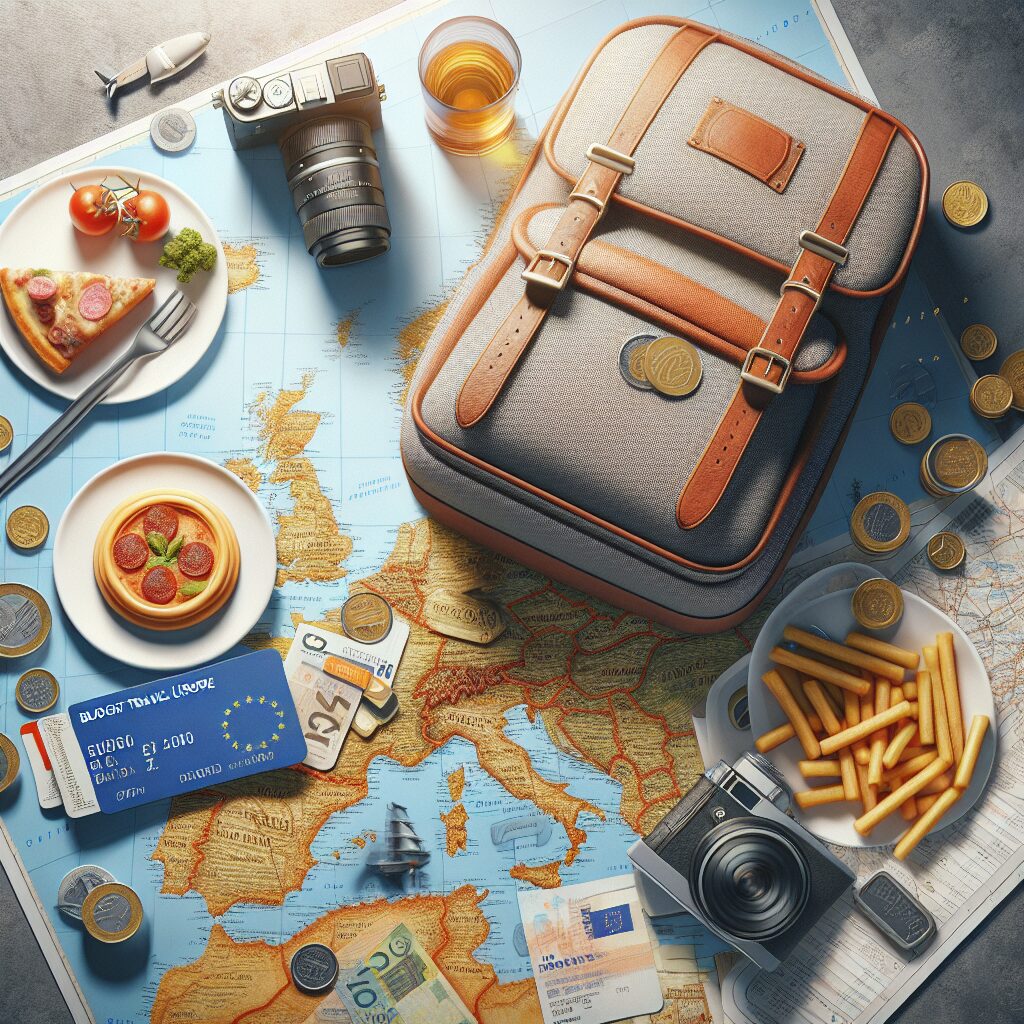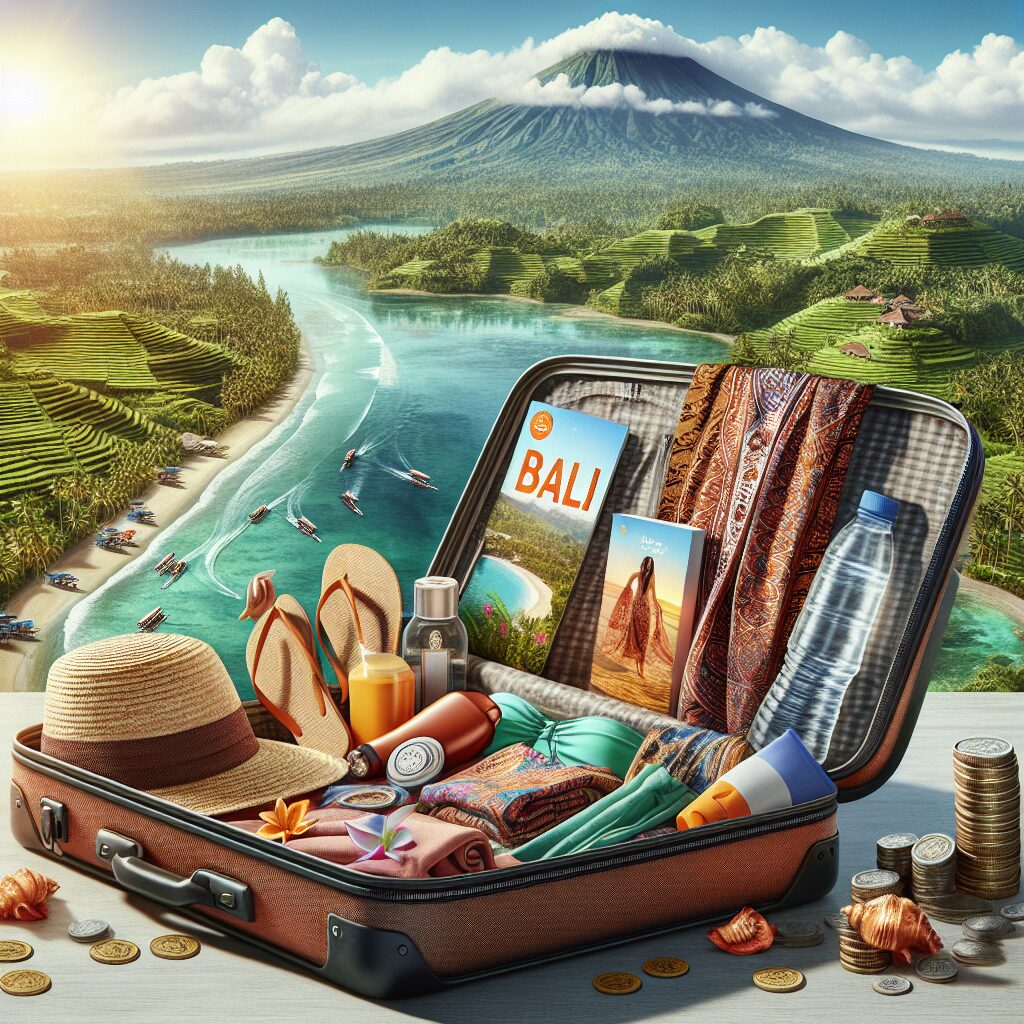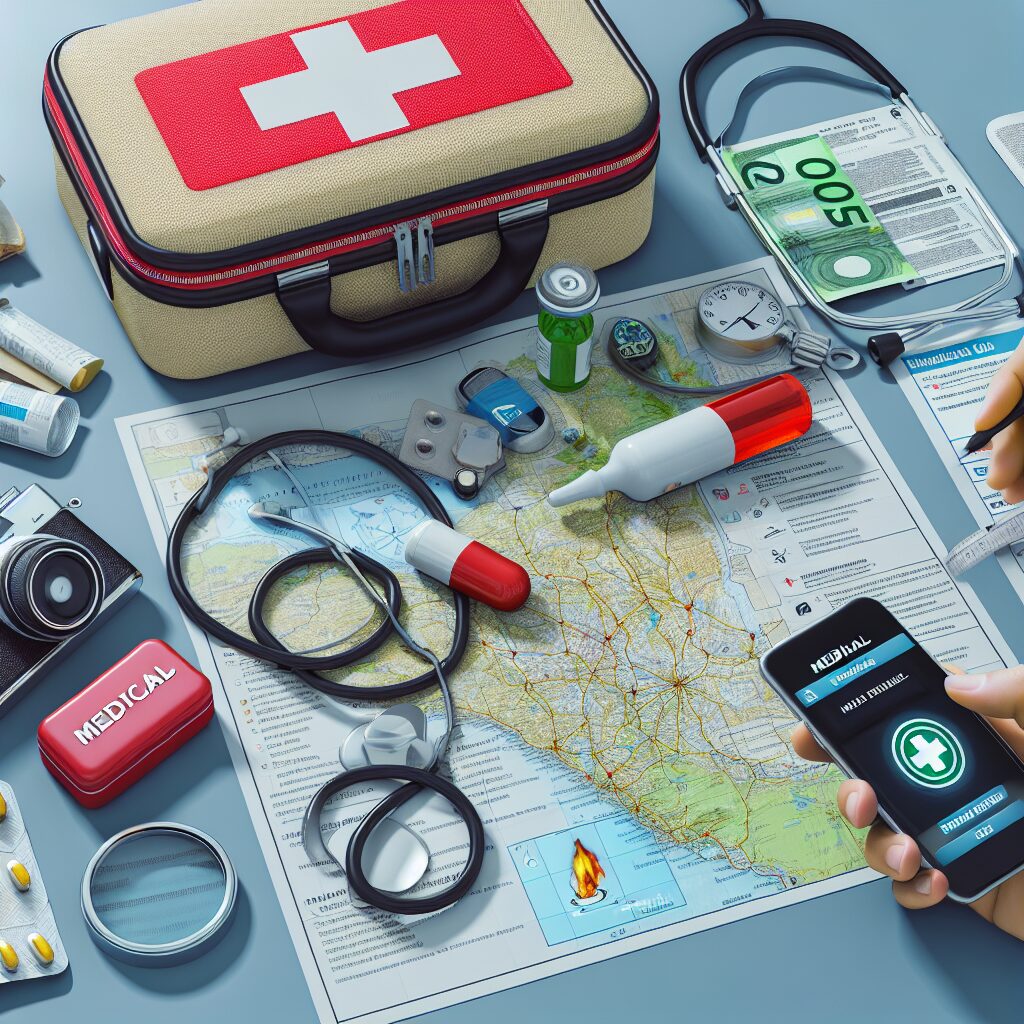Numerous travelers consider Europe their dream destination – but it has a price tag. Fortunately, there are numerous budget travel hacks and techniques to see this continent without breaking the bank.
Europe with its diverse culture, picturesque landscapes and historical landmarks is a thrill and exploration awaits you. However, accommodation, transport and activities can add up fast. Here are some suggestions to help you budget travel Europe – from affordable accommodation to transport – and look for those hidden gems without breaking the bank.
Obtaining affordable accommodation is among the very first things to think about when planning a Europe budget trip. Luxury hotels are tempting, but they can really drain your travel budget. Rather opt for budget friendly options like hostels, guesthouses or even vacation rentals. These options provide a place to stay in addition to opportunities to meet other travelers and get tips and recommendations.
Also, prices usually are lower if you stay in less popular areas or outskirts of big cities. So you save money on accommodation and use the remainder of the money to see the local culture. We will explore where to find cheap accommodation, how you can save money on transportation and where to find small gems to make your European trip extra special.
The Key Takeaways.
1. Plan your trip in the off-season for cheaper transportation and accommodation. Avoiding peak tourist season also means you can visit attractions without a lot of people.
2. For intercity travel, use budget airlines and trains. For shorter distances, buy transportation passes or rideshare services like BlaBlaCar.
3. Choose budget accommodation like hostels, Airbnb rentals or budget hotels. Use sites and apps that provide discounts & compare prices before booking.
4. Cook your own meals or find local food markets and inexpensive eateries to cut back on dining out. Eating local street food is cheap and an excellent way to experience the local culture.
5. Find free or inexpensive things to do like parks, museums with discounts, and city walking tours. Get student discounts or city passes to multiple attractions at discounted prices.
Best Budget Travel Tips for Europe:
1. Research and Plan Your Trip.
Do some research prior to going on your budget travel to Europe. Begin by determining your travel budget and establishing realistic expenditures. Find out which countries, towns and attractions in Europe fit your budget and interests. Consider when you plan to travel – prices might differ in peak and off peak months. Find also affordable accommodations, transportation and local attractions with free admission or discounts.
2. Choose Affordable Accommodations.
Accommodations are often a big expense when traveling on a tight budget in Europe. Look for cheap options like low cost hotels, hostels or even home-sharing with locals. Remain outside of city centres to save money on accommodations. Check out the public transportation system to see the way it connects to the city’s major attractions.
3. Save on Transport.
Transportation expenses can add up fast when traveling in Europe. Buses, trains or budget airlines are all excellent ways to save money. Research and compare prices – and book early on for much better deals. Use public transport in cities whenever possible, rather than taxis or rental cars. Also walk or even bike between attractions for less money along with a taste of the local flavor.
4. Celebrate Local Food Culture.
Restaurant eating out can be costly – particularly in popular tourist areas. Try some inexpensive street food, local markets or tiny family-run eateries & embrace the local food culture. Research very affordable dining options before your trip and aim to experience traditional dishes without emptying your wallet. Pack snacks or picnic in parks to save on meals, too.
5. Take Advantage of Free or Reduced Attractions.
Europe has numerous famous in addition to lesser-known attractions. In many cities, galleries, museums, historic sites and landmarks are free or heavily discounted. Research these options in advance and put together a itinerary that includes some paid and free attractions. Take advantage of walking tours or free audio guides provided by specific attractions to find out about the history and culture of the destination without spending extra cash.
6. Keep Flexible and Open to Opportunities.
Planning your trip and setting a budget is crucial – but being flexible and open to new experiences can yield budget-friendly and unexpected adventures. Leave room in your itinerary for spontaneous adventures or to make use of last minute deals. Be open to trying lesser known destinations that could be more affordable and authentic. Meet other travellers or locals for secret spots and insider info.
What are Some Tips for Budget Travel in Europe?
- Make an everyday budget and keep track of expenses.
- Look at using a travel rewards credit card or airline loyalty programs to earn points for future trips.
- Avoid dining in tourist areas as prices are usually higher.
- Bring a reusable water bottle to save on bottled water costs.
- Buy fresh produce and snacks at local markets rather than at pricey convenience stores.
- Take free city walking tours at numerous locations.
- Locate low-cost accommodations, transportation and deals using travel apps and sites.
- Learn a few basic words in the local language to speak to locals.
- Avoid the tourist crowds and save on accommodations if you travel during the shoulder seasons in fall or spring.
- Always keep a little cash on hand – not all places accept card payments.
Frequently Asked Questions.
1. Visiting Europe on a tight budget?
Yes, you can certainly travel to Europe for a cheap price. You can visit Europe for a low price if you plan in advance, hunt for budget friendly accommodation, use public transport and find inexpensive dining.
2. Budgeting for a Europe trip – just how much should I expect?
Budgets for trips to Europe rely on numerous variables including length of journey, countries to go to and travel style. But an average budget traveler could expect to pay around USD 50-100 a day for accommodation, transport, food and attractions.
3. How can I save on accommodations in Europe?
You can save money by staying in hostels/guesthouses or budget hotels. You may also try Airbnb, couchsurfing or house-sitting. Additionally, booking early and also traveling during shoulder season can get you better deals.
4. Are there affordable transport alternatives within Europe?
Yes, Europe has several low cost transport options. Trains, buses or budget airlines are good ways to travel between countries or even within a country. Passes like the Eurail pass or regional transport cards can also save you money across multiple journeys.
5. How do I save on meals while I travel in Europe?
Eat like a local: try street food, local markets or even go to a low cost eatery with a fixed priced menu – to save money on meals. Have picnics in parks, cook your own meals occasionally or benefit from free breakfasts provided by the accommodations.
6. Should I change currency before my trip?
It is generally a good idea to exchange just a little currency prior to going so you have some money for emergencies. However in Europe you are able to withdraw cash from ATMs using a debit or credit card – typically at a much better exchange rate.
7. Are there free or low cost attractions in Europe?
Yes, Europe has numerous free or inexpensive attractions. Some museums have particular days or hours that are free, and others have discounts for students or seniors. You may also visit parks and gardens, historical sites and cultural events that often charge little or no admission fee.
8. How do I get online while I travel in Europe?
You can remain connected in Europe through free Wi-Fi in most hotels, cafes and public areas. Buy a local SIM card/portable Wi Fi device – both are great choices. Additionally, consider downloading offline maps and guidebooks to reduce data use.
9. Traveling by yourself in Europe – safe on a budget?
Europe in general is a safe bet for solo travelers – particularly on a budget. But never forget to be aware of the place you are going, avoid isolated areas at night and be secure with your belongings. Researching local scams and knowing basic safety measures can help you plan a safe trip.
10. Could I still go to Europe on a budget and not miss out on experiences?
Definitely! Budget travel does not imply skimping on experiences. You can still visit incredible landmarks, sample local culture, stroll through charming neighborhoods and sample authentic food without breaking the bank. Accept the budget travel mindset, look into other options, and do low-cost or free things while you’re there.
Budget Travel Tips for Europe: Final Thoughts.
It does not have to be a chore travelling to Europe on a shoestring. With a little planning, research and an open mind to spending less, you can visit the most beautiful cities, countrysides and cultures around the world without breaking your bank. Prioritize your spending, be flexible and always look for bargains.
Budget travel is a little more work, but so worthwhile because it enables you to have real experiences and unanticipated adventures. By following these budget travel tips to Europe you can make memories without emptying your wallet. So plan your next budget-friendly European adventure right now – and go on a journey of a lifetime!






